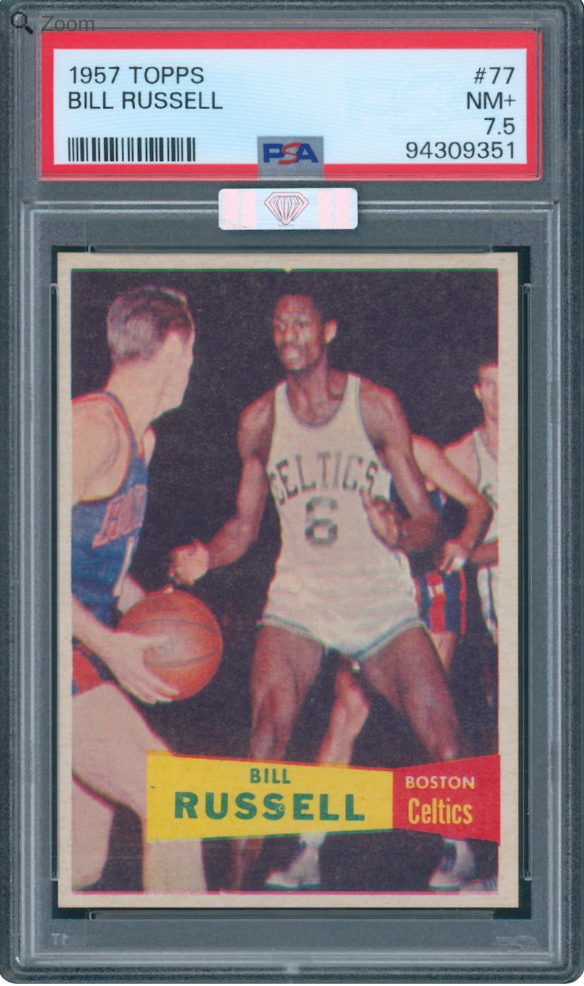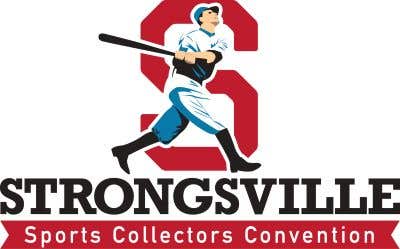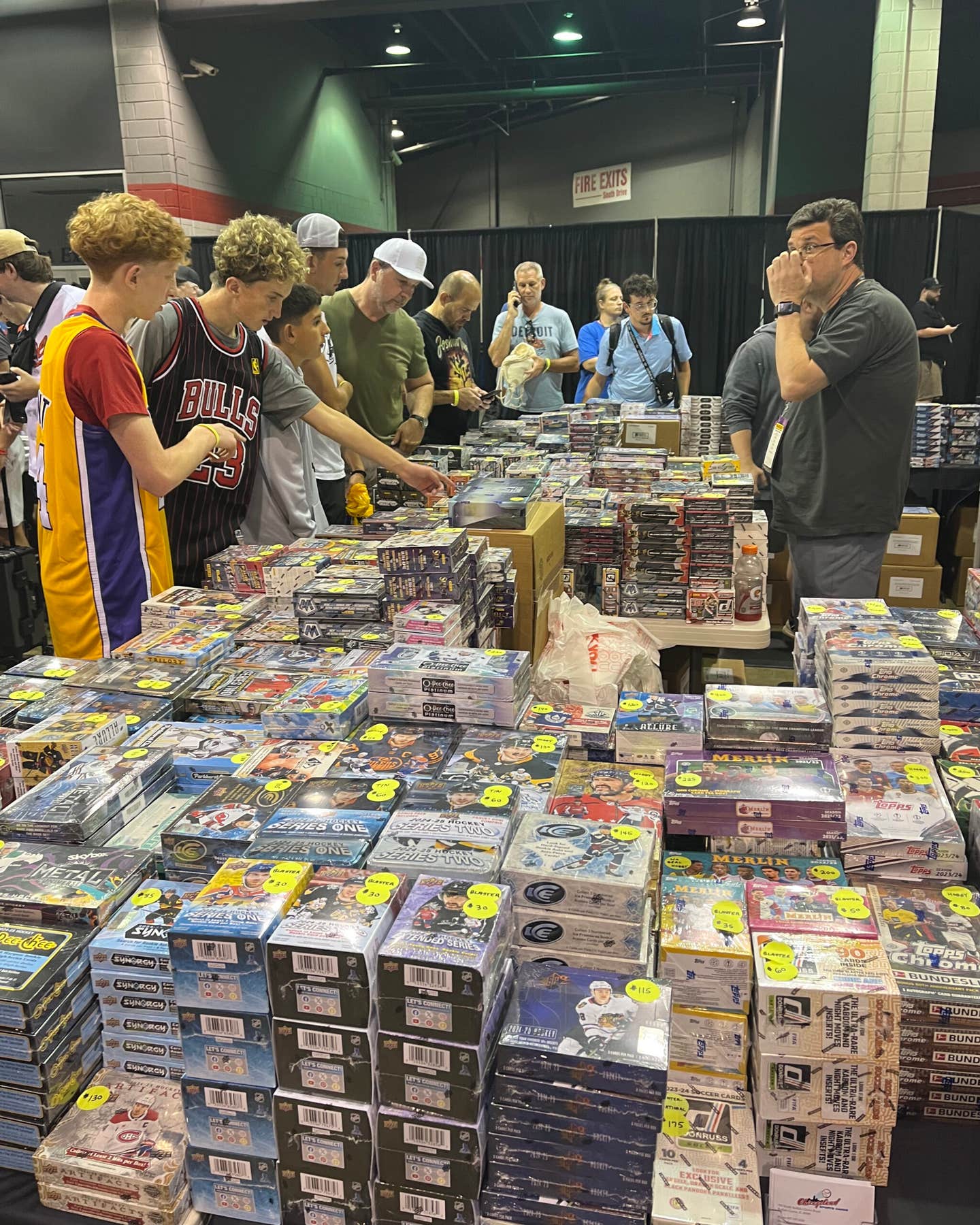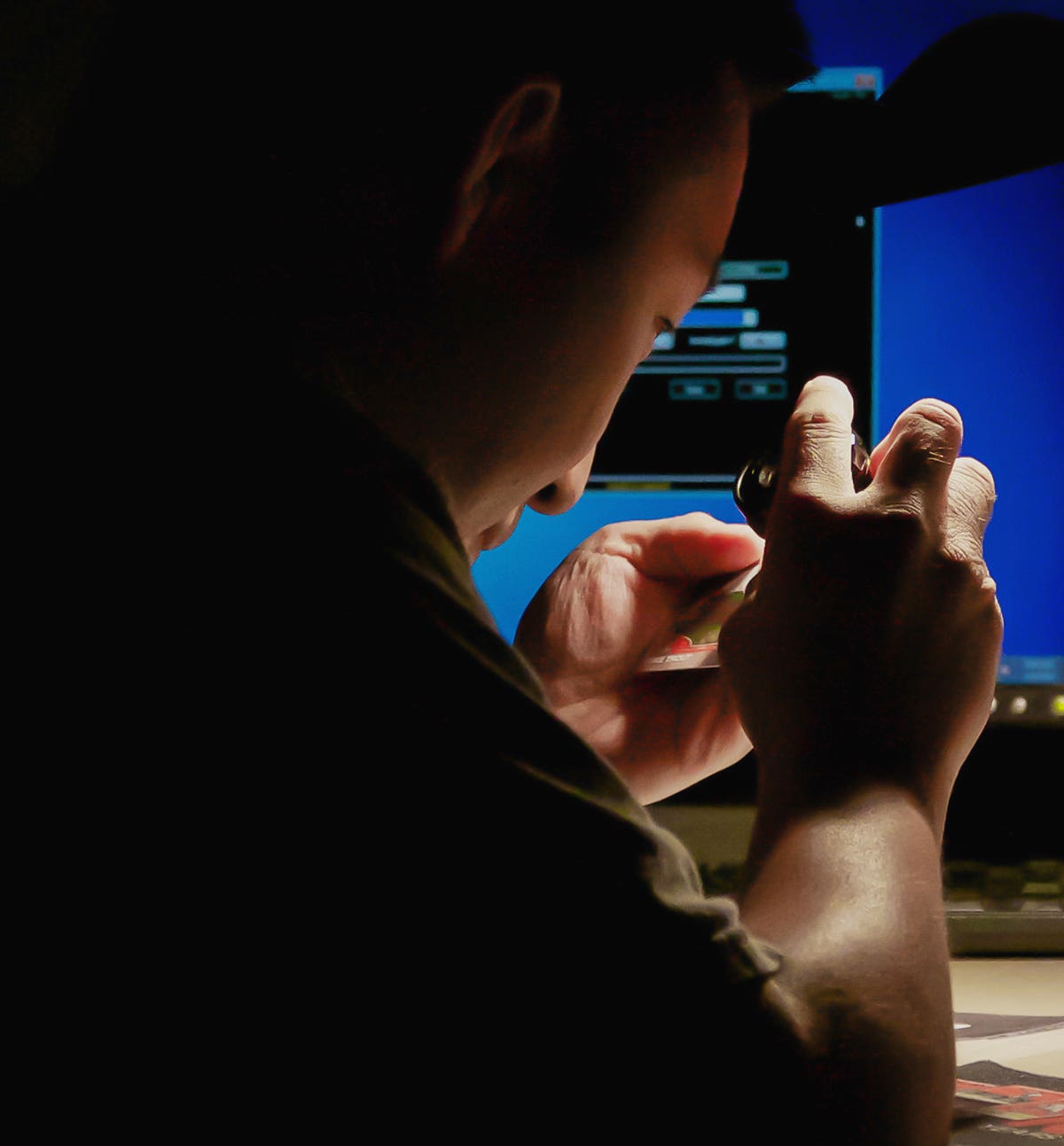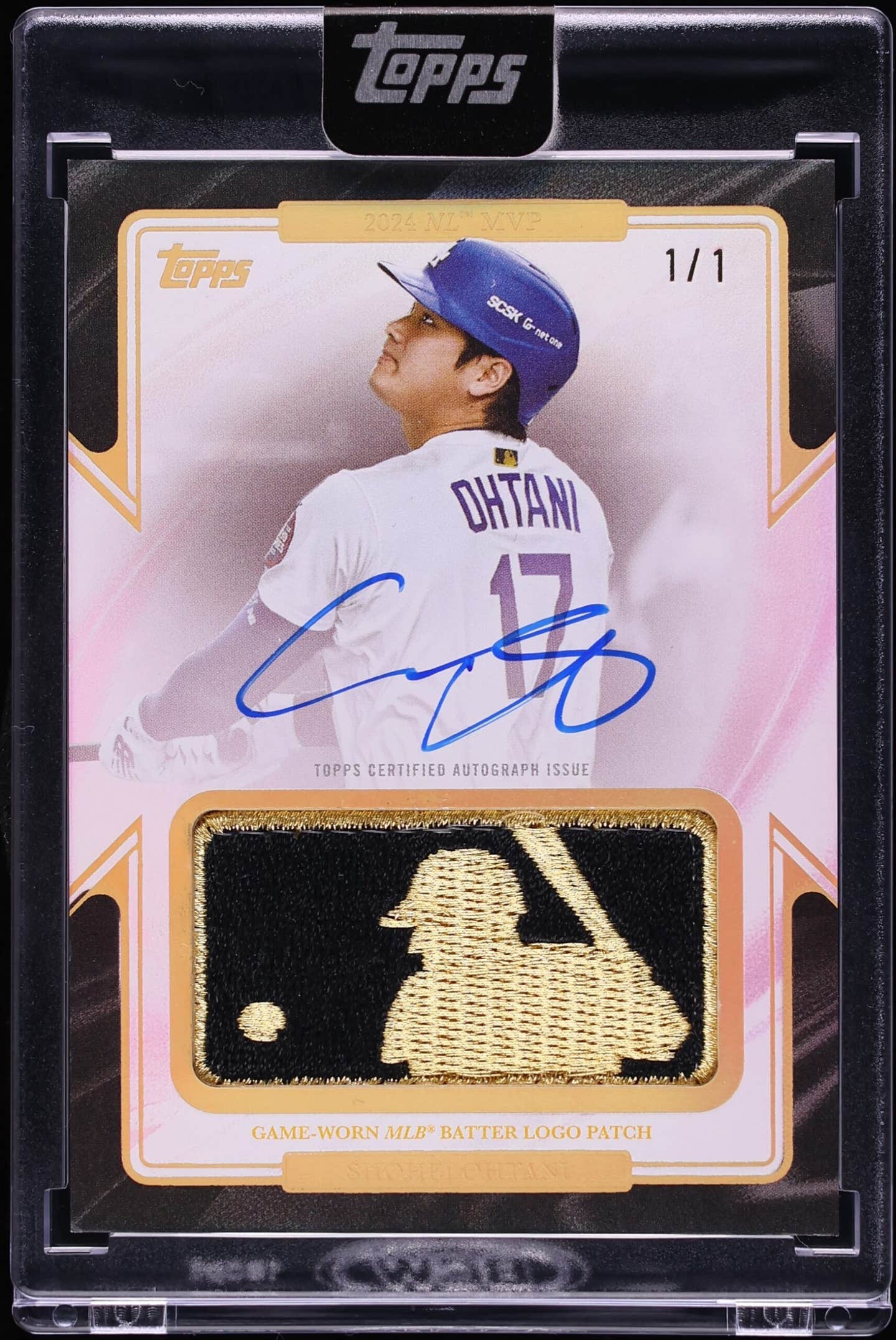News
Gold, silver and bronze Part Deux …
As promised in yesterday’s blog, herewith is my own entry into the dizzy world of awarding medals in amateur athletic competitions, and as I hinted, this is not a flattering episode for yours truly.
I would guess it was nearly 30 years ago, probably in 1982, during the Winter Empire State Games held in Lake Placid, N.Y., at the same venues as the Winter Olympics from two years earlier.
As the public relations coordinator for the Games, I was charged with directing media operations from our headquarters at the Lake Placid Club. While the scale of the Winter Games was much smaller than the Summer program, which would typically bring more than 6,000 athletes to Syracuse for the finals, it was still a brutal schedule for us in the several weeks we spent in Lake Placid every winter. During the Games themselves, 16-plus hour days were the norm. I’m not complaining, just establishing what minimal grounds I have for a defense: I was really, really tired.
Anyway, I was being interviewed on the phone by a reporter from a Syracuse newspaper about a young girl who had competed that day in figure skating. “The good news,” I started off breezily, “was that she won a bronze medal. The bad news is that there were only two skaters in that particular division.”
Haw, haw. It was one of the nuances of the arcane world of figure skating that somebody could win a bronze medal when no silver had been awarded, but as odd as that sounds to a lay person, my answer was way past ill advised. I could add, though it again is irrelevant, that the choice of wording about “Good news, bad news” wasn’t nearly as hackneyed in 1982 as it is today.
I had been on a friendly basis with the reporter, half thinking that my flip remark was sort of off the record, but that too was the product of being way too tired. Just dumb.
Next morning, there it was in black-and-white on the pages of the Post-Standard for all the world to see. To this day I hope that the little gal who won the medal and her family didn’t see it, though that’s probably a long shot.
My boss, Mike Abernethy, arguably one of the most influential names in amateur sports in the country at the time as the executive director of the prototype state games program, was a good sport about it. He didn’t even bother to scold me much, since he could tell how bad I felt about saying something so dumb.
It probably didn’t hurt that he had a pretty good feel for just how tired I was, since he was working longer than 16 hours a day at the same time.
I would tell the story over the years in instances were public relations and dealing with the media was the topic du jour. Good reminder, I would solemnly intone, that even when you are talking with media types that you consider friends, it’s best to consider that everything is fair game for reporting purposes.



